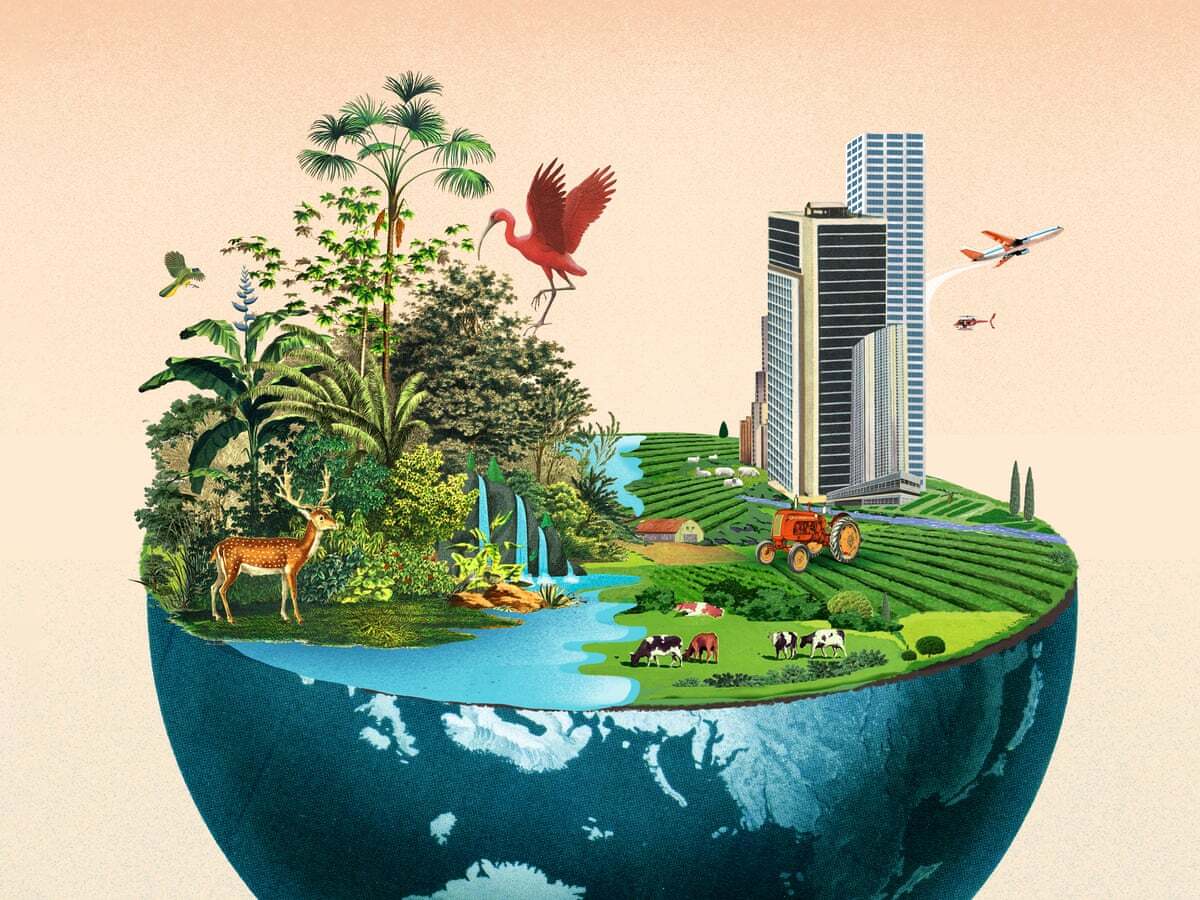
Biodiversity is the variety of life on Earth, from the tiniest microbes to the largest mammals. But why is it so important? Biodiversity supports ecosystem productivity, ensuring natural sustainability for all life forms. Imagine a world without bees to pollinate plants or forests to filter air and water. Each species, no matter how small, plays a crucial role. Biodiversity also provides us with resources like food, medicine, and raw materials. It even helps combat climate change by maintaining healthy ecosystems. In short, biodiversity is essential for a balanced, thriving planet. Let's dive into 23 fascinating facts about this vital aspect of our world.
What is Biodiversity?
Biodiversity refers to the variety of life on Earth. It includes all living organisms, from the tiniest bacteria to the largest mammals. This diversity is crucial for the health of our planet and human survival.
-
Biodiversity encompasses three levels: genetic, species, and ecosystem diversity. Each level plays a unique role in maintaining ecological balance.
-
There are approximately 8.7 million species on Earth, though many remain undiscovered. This number includes plants, animals, fungi, and microorganisms.
Importance of Biodiversity
Biodiversity is essential for ecosystem stability and human well-being. It provides numerous benefits, from food and medicine to climate regulation.
-
Over 75% of global food crops rely on animal pollination. Bees, butterflies, and other pollinators are vital for food production.
-
Many modern medicines are derived from plants and animals. For example, aspirin comes from willow tree bark.
-
Biodiversity helps regulate the climate. Forests, wetlands, and oceans absorb carbon dioxide, mitigating climate change.
Threats to Biodiversity
Human activities pose significant threats to biodiversity. Habitat destruction, pollution, and climate change are some of the main culprits.
-
Deforestation leads to habitat loss for countless species. Every year, millions of hectares of forests are cleared for agriculture and urban development.
-
Pollution, including plastic waste and chemical runoff, harms marine and terrestrial life. Microplastics have been found in the deepest parts of the ocean.
-
Climate change affects species' survival. Rising temperatures and changing weather patterns disrupt habitats and food sources.
Conservation Efforts
Efforts to conserve biodiversity are underway worldwide. These initiatives aim to protect species and restore ecosystems.
-
Protected areas, such as national parks and wildlife reserves, safeguard habitats. These areas cover about 15% of the Earth's land surface.
-
Endangered species programs focus on breeding and reintroducing animals into the wild. The giant panda is a success story of such efforts.
-
Sustainable practices in agriculture and fishing help preserve biodiversity. Crop rotation and selective fishing reduce environmental impact.
Fun Facts about Biodiversity
Biodiversity is fascinating and full of surprises. Here are some interesting tidbits about the natural world.
-
The Amazon Rainforest is home to 10% of the world's known species. This biodiversity hotspot is crucial for global ecology.
-
Coral reefs support 25% of marine life. These underwater ecosystems are often called the "rainforests of the sea."
-
Antarctica, despite its harsh conditions, hosts diverse life forms. Microorganisms, seals, and penguins thrive in this icy environment.
-
The Great Barrier Reef is the largest living structure on Earth. It can be seen from space and hosts thousands of marine species.
Biodiversity in Your Backyard
You don't have to travel far to experience biodiversity. Local parks and gardens are teeming with life.
-
Urban areas can support diverse wildlife. Birds, insects, and small mammals often adapt to city environments.
-
Planting native species in your garden promotes local biodiversity. Native plants attract pollinators and provide habitat for wildlife.
-
Composting reduces waste and enriches soil. Healthy soil supports a variety of organisms, from earthworms to fungi.
Biodiversity and Culture
Biodiversity influences human culture and traditions. Many societies have deep connections with the natural world.
-
Indigenous peoples often have extensive knowledge of local biodiversity. Their practices contribute to sustainable resource management.
-
Traditional medicines use diverse plant and animal species. These remedies have been passed down through generations.
-
Biodiversity inspires art, literature, and folklore. Many stories and artworks feature animals and plants as central themes.
The Future of Biodiversity
The future of biodiversity depends on our actions today. Conservation and sustainable practices are key to preserving life on Earth.
-
Climate action is crucial for biodiversity. Reducing greenhouse gas emissions helps protect ecosystems from extreme weather.
-
Education and awareness foster a love for nature. Teaching others about biodiversity encourages conservation efforts.
The Bigger Picture
Biodiversity isn't just a fancy word for nature's variety. It's the backbone of our ecosystems, providing everything from food to clean air. Every species, no matter how small, plays a role in maintaining balance. Losing even one can have ripple effects we can't always predict. Protecting biodiversity means protecting our future. Simple actions like reducing waste, supporting conservation efforts, and being mindful of our impact can make a difference. Remember, we're all part of this intricate web of life. By valuing and preserving biodiversity, we're ensuring a healthier planet for generations to come. So next time you see a bee, a tree, or even a tiny bug, think about the bigger picture. Every little bit counts. Let's do our part to keep this planet teeming with life.
Was this page helpful?
Our commitment to delivering trustworthy and engaging content is at the heart of what we do. Each fact on our site is contributed by real users like you, bringing a wealth of diverse insights and information. To ensure the highest standards of accuracy and reliability, our dedicated editors meticulously review each submission. This process guarantees that the facts we share are not only fascinating but also credible. Trust in our commitment to quality and authenticity as you explore and learn with us.


